
When embarking on a precision engineering project, selecting the right materials is crucial for ensuring success, efficiency, and longevity of the final product. The choice of materials can significantly impact the project’s performance, cost, and overall quality. In this blog post, we will provide essential tips to guide you in making well-informed decisions regarding material selection for your precision engineering project.
Before diving into material selection, thoroughly understand the specific requirements of your precision engineering project. Consider factors such as the intended application, load-bearing capacity, operating environment, temperature fluctuations, and expected lifespan of the end product. Clearly defining these requirements will help you narrow down the suitable material options.
Different materials possess distinct mechanical, thermal, and chemical properties. Conduct a comprehensive analysis of the properties of potential materials to determine their compatibility with your project’s needs. Key material properties to consider include tensile strength, hardness, corrosion resistance, thermal conductivity, and density. An appropriate balance between these properties is crucial for achieving optimal project outcomes.
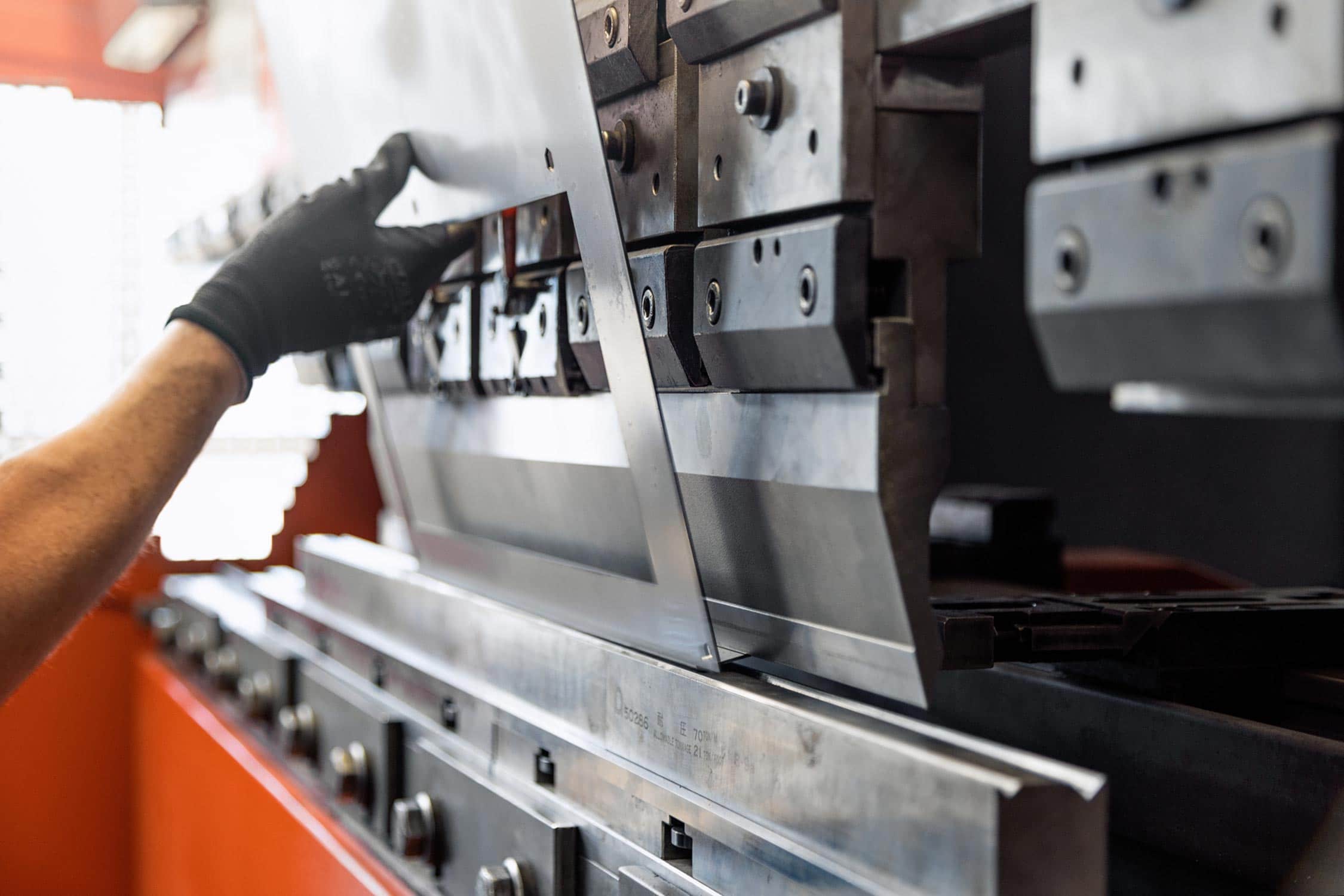
For many precision engineering projects, especially those involving moving components or transportable structures, the weight-to-strength ratio is vital. Aim for materials that offer high strength without adding unnecessary weight. Magnesium is an example of this type of material which is frequently used in the motor racing industry for its strength and low weight. The Shear XL division of The Shearline Group is one of the few European specialists offering high precision magnesium machining. Find out more about magnesium machining, including what makes it such a high risk material to machine.
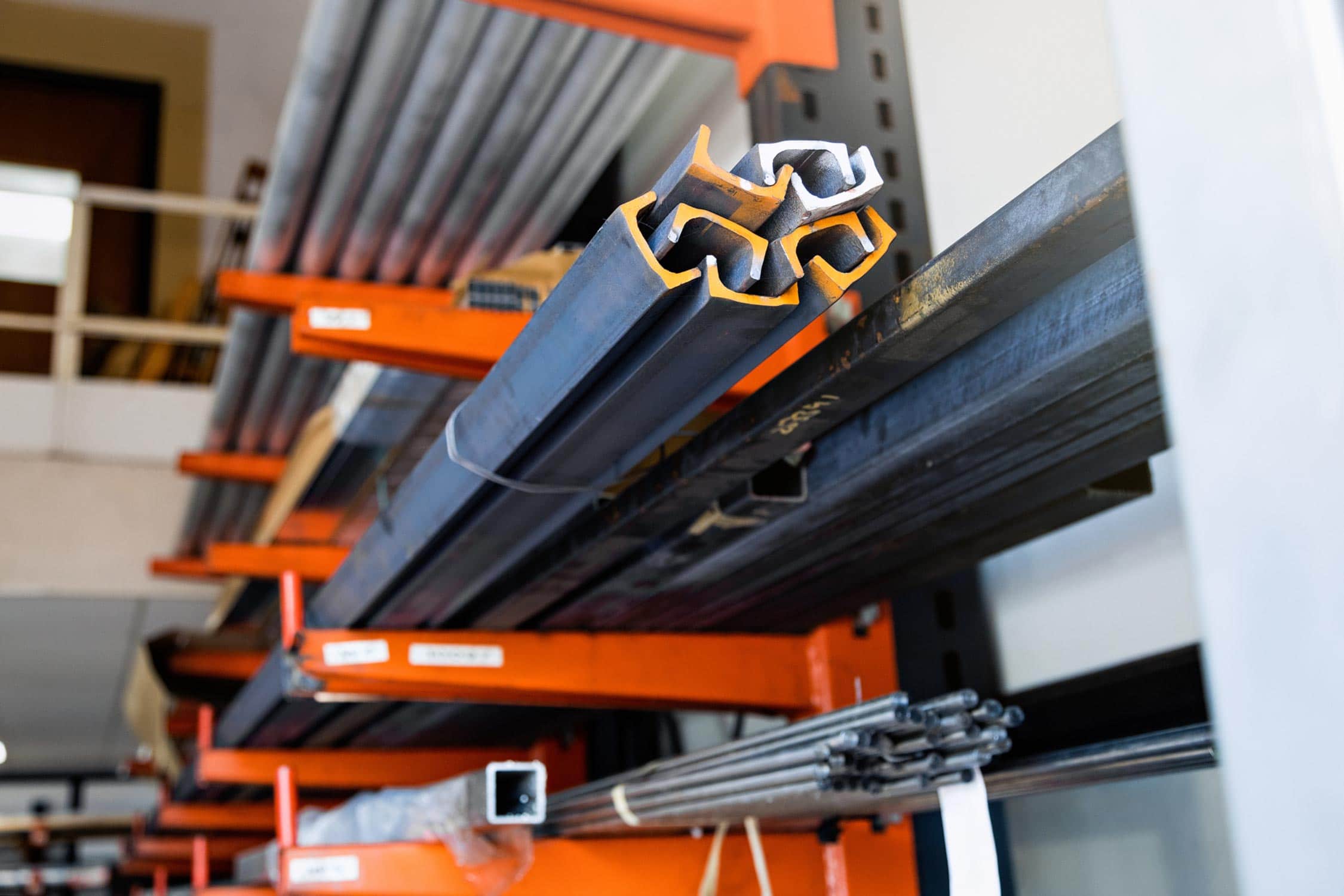
Ensure the selected materials are readily available in the required quantities for your project. Additionally, take into account the budget constraints, as the cost of materials can significantly impact the overall project expenses. While premium materials may offer superior properties, they might not be cost-effective for all projects. At The Shearline Group, we can source materials on your behalf, or sometimes our customers prefer to purchase and free issue their own material.
The ease with which a material can be machined, cut, or shaped is another critical consideration for precision engineering. Complex designs and tight tolerances may require materials that are easily workable with precision machinery. Our skilled quoting team will be able to advise on material suitability and how it aligns with your project’s requirements. Get in touch to discuss.
In certain projects, materials must work in conjunction with other components or substances. Compatibility between materials is essential to avoid issues like galvanic corrosion or chemical reactions. Compatibility tests are always recommended at the prototype stage but if you are unsure, please ask one of our material specialists to ensure seamless integration.
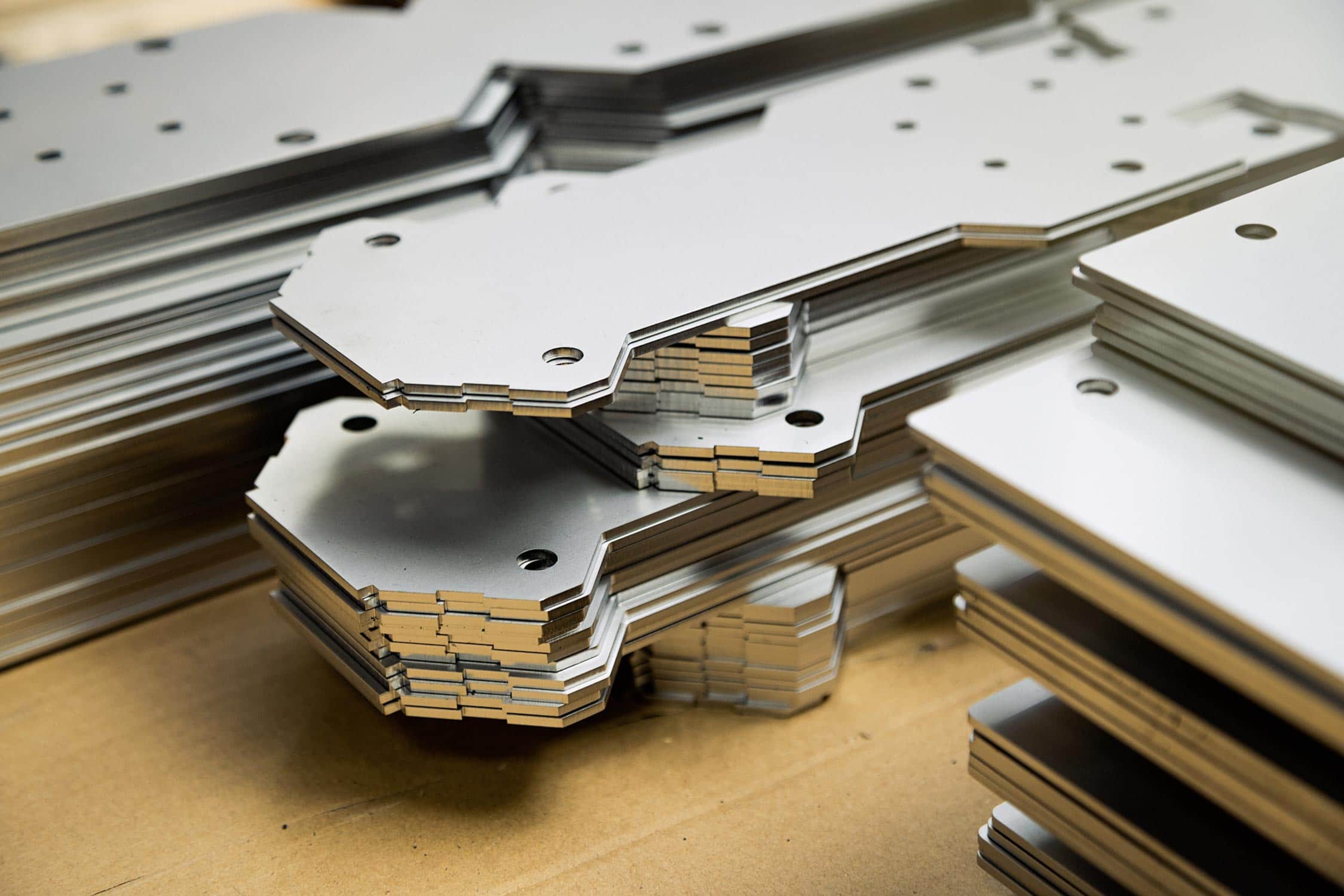
The expected lifespan of your product or component project should guide your material selection. While some projects require materials with long-term durability, others may prioritise replaceable or recyclable materials for sustainable practices. Evaluate the materials’ resistance to wear, fatigue, and environmental degradation to determine their longevity.
Considering the environmental impact of your material choices is crucial. Opt for materials that can be recycled or have a low carbon footprint. Sustainable materials not only promote responsible engineering practices but also appeal to environmentally conscious consumers. At The Shearline Group, we take our commitment to sustainable practices seriously and are increasing resources to source high quality recycled materials for our customers.
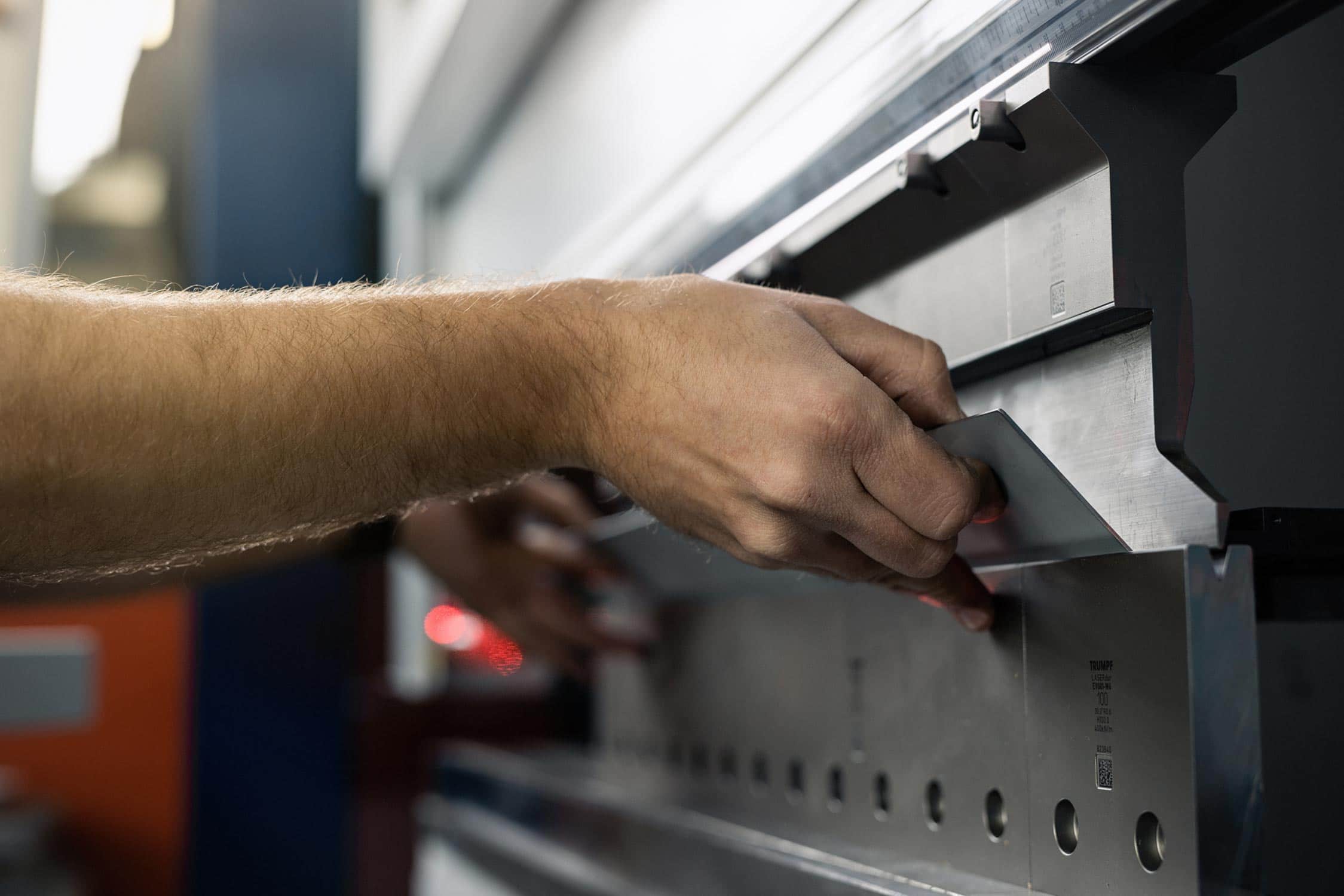
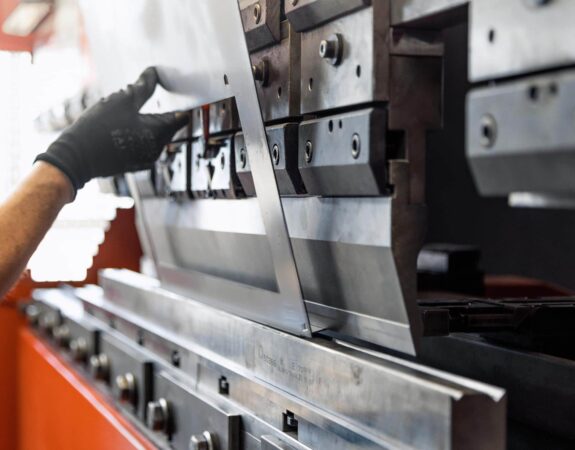
Choosing the right materials for your precision engineering project is a critical decision that influences its success and performance. By understanding your project’s requirements, analysing material properties, and considering factors such as weight-to-strength ratio, cost, machinability, compatibility, longevity, and environmental impact, you can make informed choices that optimise your project’s outcomes. Collaborating with material experts and well informed subcontractors will further enhance your material selection process, leading to a successful and sustainable precision engineering project.